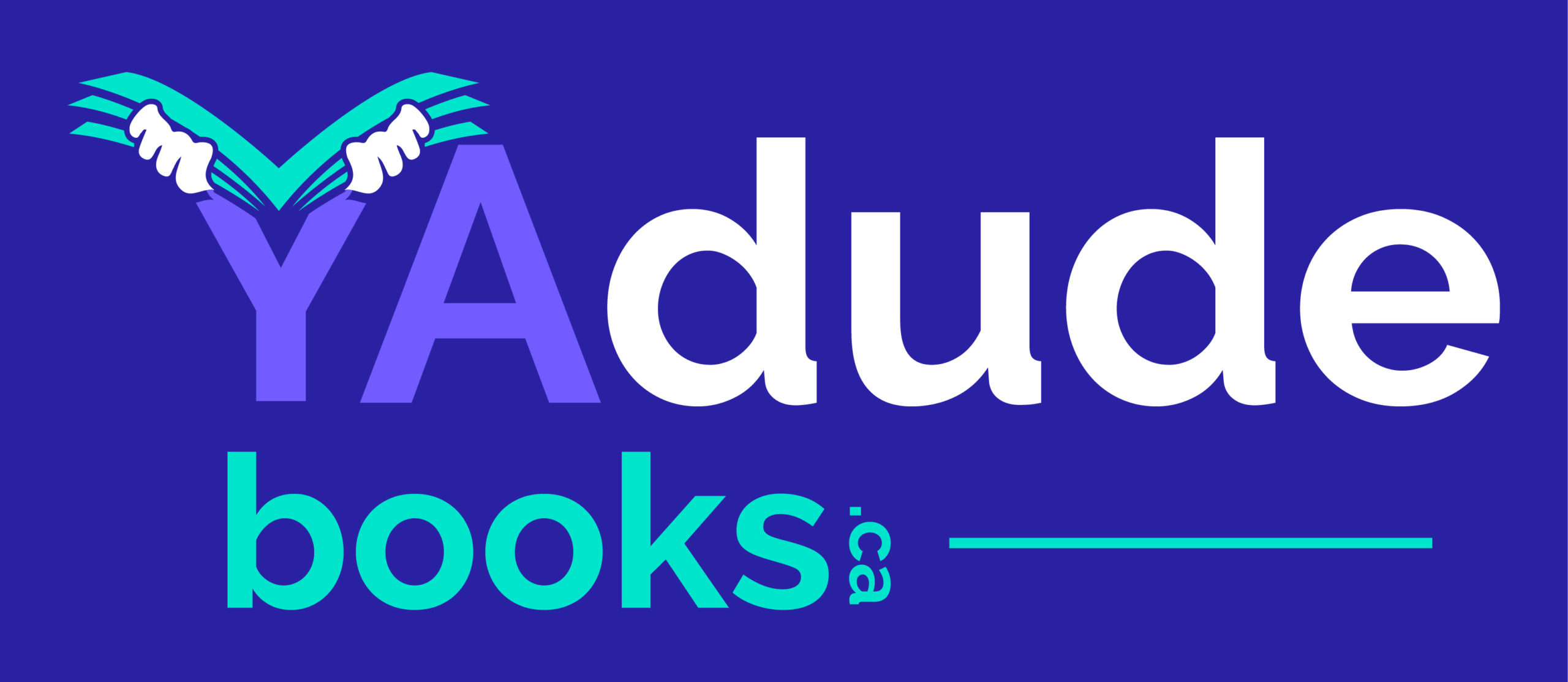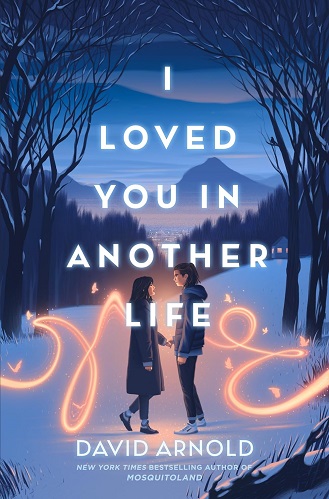A poignant love story about two teens whose souls come together time and again through the ages.
Evan Taft has plans. Take a gap year in Alaska, make sure his little brother and single mother are taken care of, and continue therapy to process his father’s departure. But after his mom’s unexpected diagnosis, as Evan’s plans begin to fade, he hears something: a song no one else can hear, the voice of a mysterious singer.
Shosh Bell has dreams. A high school theater legend, she’s headed to performing arts college. But when a drunk driver takes her sister’s life, all that remains is a void—and a soft voice singing in her ear.
Over it all, transcending time and space, a celestial bird brings strangers together. This novel explores the history of love, and how some souls are meant for each other—yesterday, today, forever.
I Loved You in Another Life may be lyrically written, but it’s not the page-turner one hopes it’ll be.
Essentially, every other chapter is in Evan’s first-person point of view, and every other chapter is in Shosh’s third-person point of view. All except for eight “dropped in from nowhere” chapters that dip into the past (and later into the future) and feature characters with no apparent connection with Evan and Shosh or with each other, except that each character sees a bird and hears songs no one else does. The songs appear to bring together two lonely hearts, then rip them asunder. Of course, Evan and Shosh also hear the birdsong, and also… But let’s not get ahead of ourselves.
The novel is well-written, with clever turns of phrase, and has poignant philosophical reflections.
For all the trauma associated with loss, no one talked about the long-term reality: grief was death by paper cuts. A 10.0 earthquake, followed by a lifetime of little jolts.
Dad turned out to be less of a ‘dad,’ per se, and more of a dog with his head hanging out the window of a moving car.
The song is familiar, but I’ve never heard it sung this way: like the song cheated the singer, and now she’s taking revenge.
Shosh hated herself in these moments, wanted to drink, wanted to sleep, anything to wipe clean the residue of grief, but there was nothing for it. Life in a black hole was bad enough without the sun boasting its brilliance.
We dive deeply into each main character’s life; their volatile emotions are very well portrayed. Indeed, Evan’s bitterness toward his dad’s abandonment is so real it’s difficult not to read those sections without choking up.
Unfortunately, there are weaknesses. First, for much of the book, Evan and Shosh have not yet met, and both are traumatized by sad events in their lives. So, initially, the reader is following two miserable people, in two alternating “downer” storylines, one after the other. And long before Shosh and Evan meet and things begin to change, it’s only human to get tired of their misery and tired of the need to feel sorry for them.
Then there are the interrupting chapters, which the reader suspects will make sense at some point (spoiler alert: finally at the end of the book), but meantime, they feel simply annoying.
Finally, the book seems obsessed with dropping references to movies that most teens today will never have heard of, much less relate to as much as the story seems to demand. These movies were no doubt prominent in the author’s growing-up years, but he’s writing for today’s teens, who were born, let’s say, in 2008 and onward. Whereas E.T. (The Extra-Terrestrial) was big in 1982, Star Wars in 1977, Home Alone in 1990-92, The Nightmare Before Christmas in 1993, Downton Abbey in 2010-11 and Frog and Toad (the book) from 1970-1979. Just sayin’.
Minus the over-prolonged misery, the scattered off-timeline chapters, dated references and vague magic realism, this novel has a lot to offer. There’s a strong voice, a poignant love story, and insights into grief, panic attacks, alcoholism and family bonds. The characters are strongly drawn and difficult to forget. The dialogue (including lots of text messaging) is authentic and crisply written, with refreshing use of humor.
-Pam Withers


